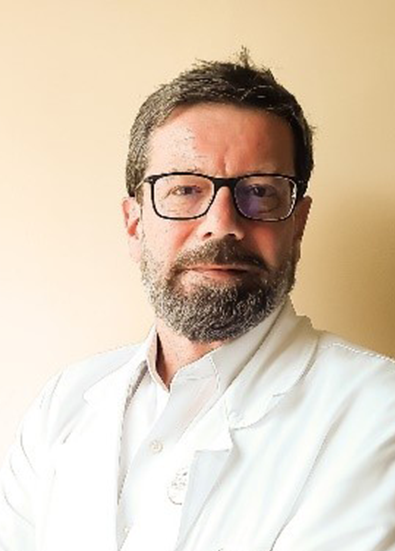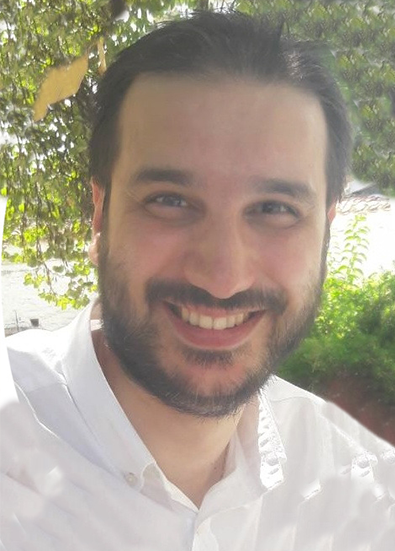 Alessandro Armuzzi Alessandro Armuzzi
© Alessandro Armuzzi |
 Brigida Barberio Brigida Barberio
© Brigida Barberio |
 Spyros Siakavellas Spyros Siakavellas
© Spyros Siakavellas |
Dear IBD colleagues and friends,
Warm greetings from the ECCO News Team at the beginning of this hopeful spring, following two very challenging years.
After two years of meeting each other virtually due to the COVID-19 pandemic, we are optimistic that next year we will return to face-to-face interaction at the 18th Congress of ECCO in the vibrant city of Copenhagen. At last, we will able to share and exchange knowledge and ideas in person and not from behind a screen!
Scientific sessions will be held from Thursday to Saturday, March 2–4, 2023, while the Educational Programme will start earlier in the week, on Wednesday, March 1, and will finish at the end of the morning of March 2 in order to allow for a seamless experience with no overlapping sessions and to cater for all delegates. We kindly ask you to take a careful look at the ECCO'23 Congress Website for further details.